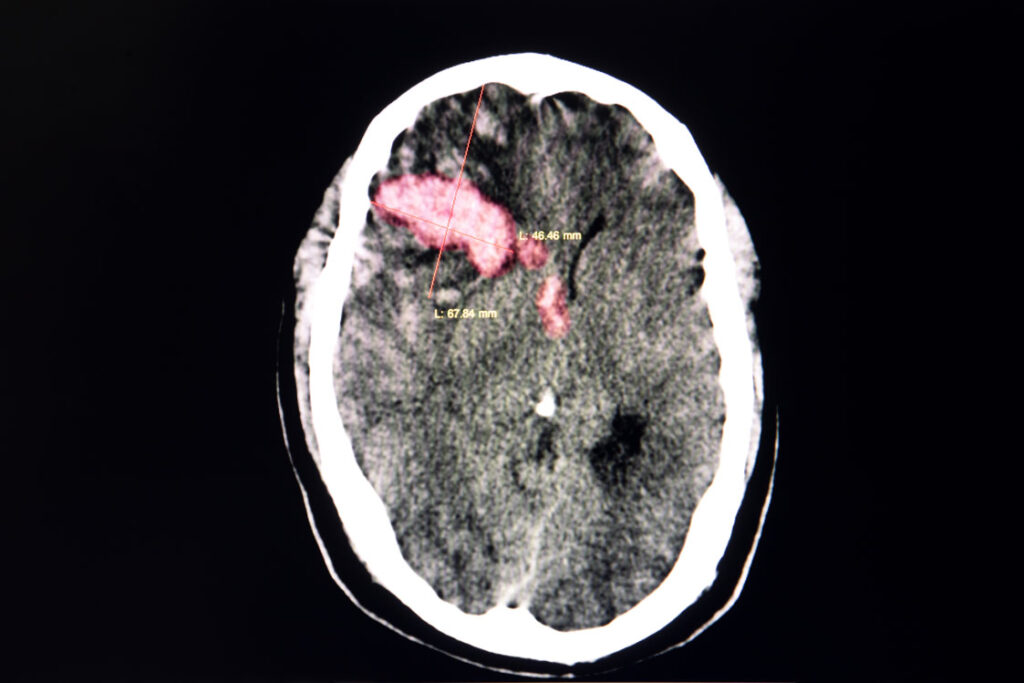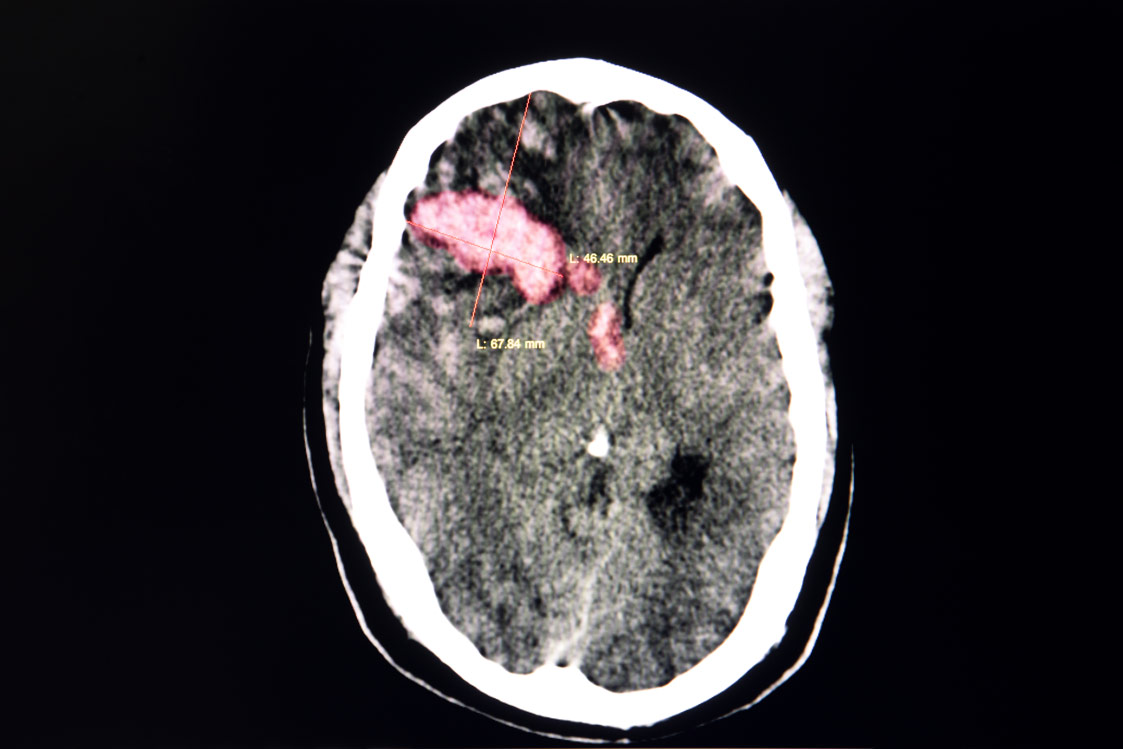
Statin therapy appears to lower the risk another stroke after a bleeding stroke

Patients who have suffered an intracerebral hemorrhage (bleeding stroke) who subsequently take statins appear to have a lower risk of having another stroke, especially an ischemic stroke, when compared to similar patients who did not take statins. Researchers reported these findings in Neurology on August 30, 2023.
“Previous research has had mixed results on the risk of stroke in people who are taking statins and have already had a bleeding stroke, so we evaluated this further,” said author David Gaist, MD, PhD, Professor of Neurology at the University of Southern Denmark. In Odense. “We looked at whether use of statins after a bleeding stroke is associated with the risk of any additional stroke, including both those caused by bleeding and by blood clots. We found that those who used statins had a lower risk of stroke, notably ischemic stroke, while there was no change in the risk of bleeding stroke.”
Using the Danish Stroke Registry, the investigators identified all patients admitted to a hospital in Denmark with a first-ever intracerebral hemorrhage between January 2003-to-December 2021 who were age ≥50-years and survived >30-days. They tracked the subjects until August 2022, an average of 3.3 years.
The investigators compared 1,959 subjects who had another stroke to 7,400 subjects who did not have another stroke, and who were similar in age, sex and other health-related factors.
After they adjusted the data for factors such as high blood pressure, diabetes and alcohol use, they found that post-stroke statin therapy was associated with a 12% overall lower risk of any subsequent stroke.
Notably, statin use was associated with a 21% lower risk of an ischemic stroke after an initial bleeding stroke.
The researchers did not find a link between statin use and recurrent bleeding stroke.
“The results of our study are good news for people taking statins who have had a bleeding stroke,” Gaist added. “While we did find a lower risk of having another stroke, it is important to note that when looking at the data more closely, that lower risk was for ischemic stroke. Still, we found no increased risk for bleeding stroke. More studies are needed to confirm our findings.”